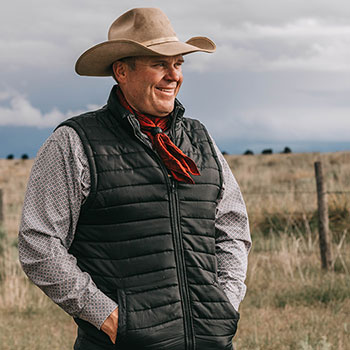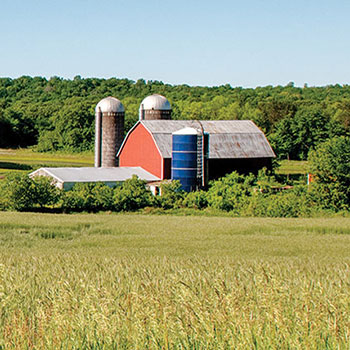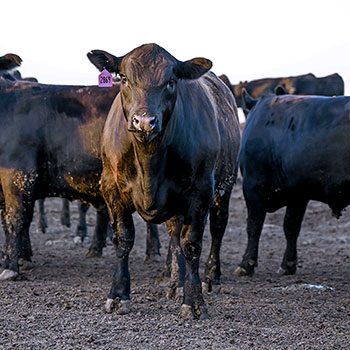In the Cattle Markets
Thankful for a better-than-expected fall.
Fed-cattle, feeder-cattle and calf cash prices have all been stronger than expected through this fall. Live-cattle and feeder-cattle futures contract prices have also shaken off the pessimism of abundant supplies compounded by the unexpected closure of the Tyson beef plant in southwest Kansas. How did the market turn this corner?
There has been the standard discussion of timely marketing of fed cattle, slaughter weights being modestly behind last year’s, packers running substantial fed-cattle slaughter on Saturdays, and other supply-focused points. What is being discussed less is the strong retailer and, by definition, consumer effects.
Packer margins have been very strong in August, September and likely October, approaching $500 per head. These are the live-to-wholesale beef price spreads. This value is much higher than other months and much higher than prior year highs. This is, of course, due in part to the plant closure. It is interesting that the live-to-retail price spread has moved little in these same two months. The live-to-retail spread is up only less than 2%-3%. The retailer margin or the wholesale-to-retail spread has declined sharply. Again, the live-to-wholesale spread is up and the live-to-retail spread is even, so it is the retailer who has taken a chunk out of his or her margin.
Where did this go, or what is the retailer paying more for? The boxed-beef composite value increased almost $30 per hundredweight (cwt.) in a three-week period prior to Labor Day. The cut that was the biggest mover was loin, increasing $200 per cwt. The ribeye increased about $150 per cwt. and remains strong into the rib roast holiday season. Other primal cuts are both positive and negative, so it is the middle meats and steak cuts that the retailer is driving.
Finally, an interesting thing that has yet to be explained is the strength of the Choice-Select spread — the USDA Choice grade premium or the Select grade discount. The Choice-Select spread has normal seasonal strength in spring months and then as Choice supplies increase over summer, then the premium normally fades. The Choice-Select spread has yet to show anything other than modest and temporary weakness this year. The spread is currently better than +$25 per cwt. and has been that way since June. A typical Choice-Select spread for this time of year is much closer to $10 per cwt. Thus, it is clearly the retailer who has helped the cattle market turn the corner on any pessimism from summer supplies and slaughter disruption. There does not appear to be any pushback from the consumer.
Editor’s note: Stephen Koontz is a professor in the Department of Agricultural and Resource Economics at Colorado State University.




